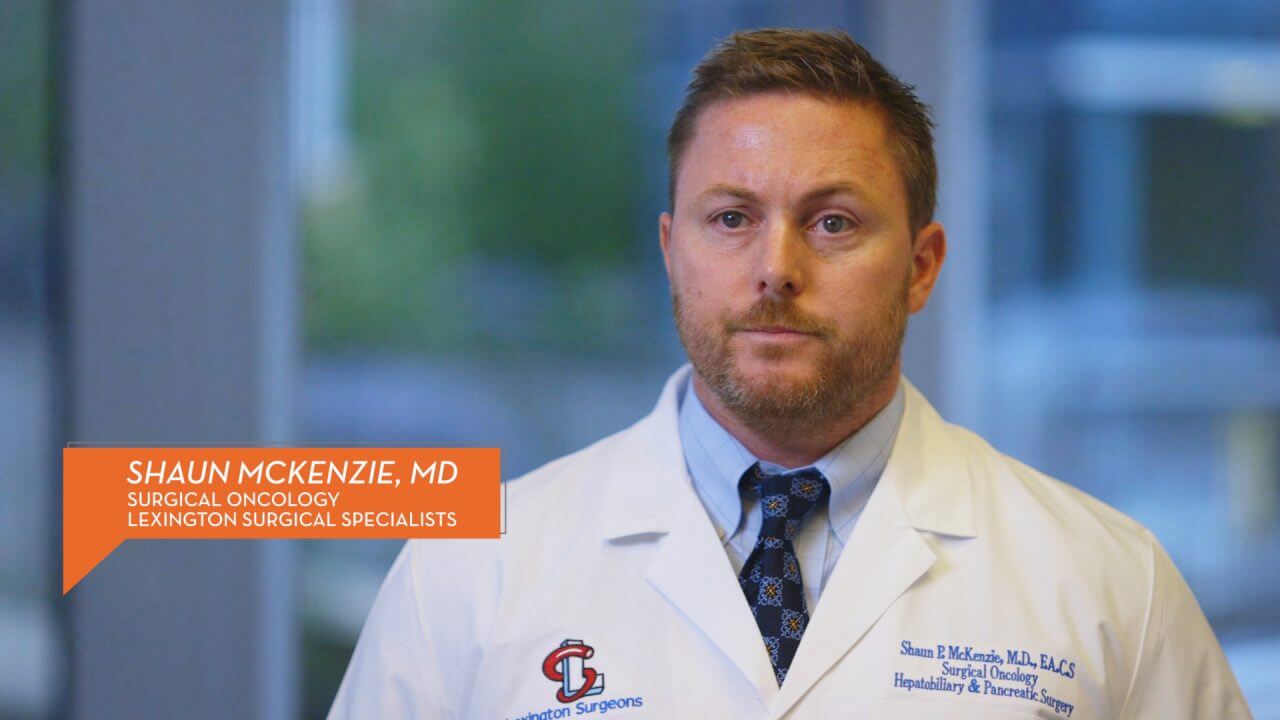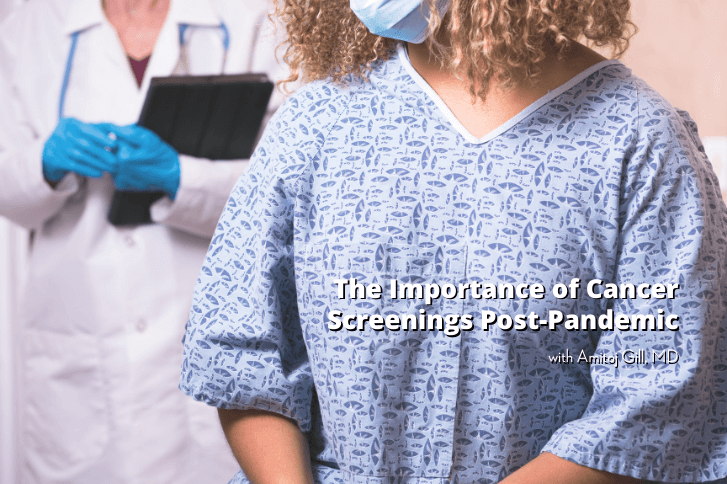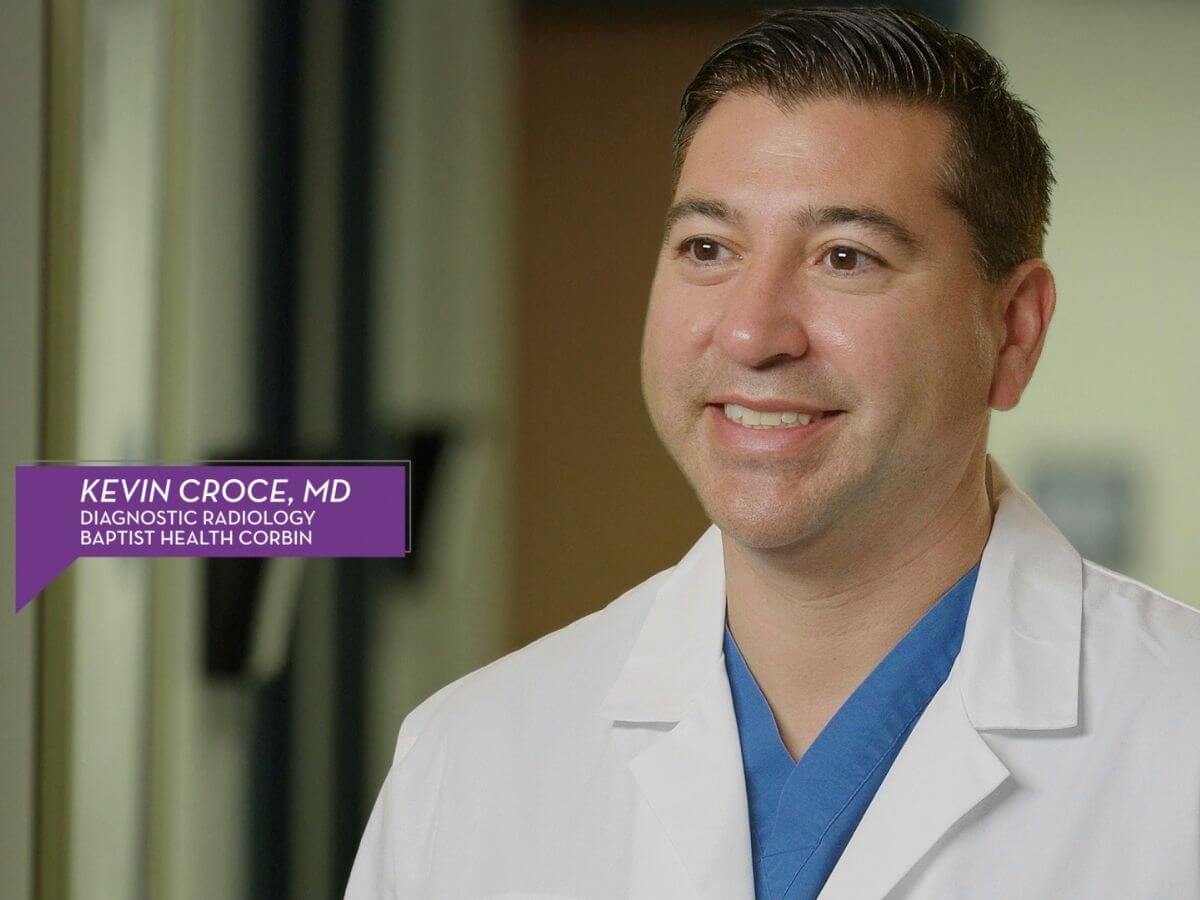The Importance of Colon Screening
Baptist Health Lexington: Screening for Colon Cancer
Gastroenterologist Gregory Woolfolk, MD, provides guidelines for when to get screened for colon cancer and explains why it’s best to discover and treat polyps early.
Screening for Colon Cancer Health Talks Transcript
Gregory Woolfolk, MD, Gastroenterology
The Kentucky Colon Cancer Prevention Project has helped with regard to education and advocacy. There’s been an increase in screening in the state of Kentucky in allowing us to detect polyps and colon cancer at an earlier stage. Colon cancer is detected many different ways, but the way that we primary detect it is via a colonoscopy, which is an examination of the large intestine or colon, to detect a growth in the colon. Once it’s biopsied, you can determine that may be a cancer process. The procedure is generally outpatient. We have a surgery center here at Baptist where we do most of our colonoscopy procedures, and generally the examination can be done within 30 minutes, from the time the patient’s in the room to the time they leave the room. Screening is very important, because what you can do is detect polyps, which are growths in the colon that can be removed before they’re able to get larger and develop into cancer. When you look at screening, you want to start at generally an age of 50 for an average-risk person. But, what we also know is that if there’s a family history of colon cancer, you would start earlier, at the age of 40, or 10 years before the initial case of another relative. Colon cancer is very treatable if detected earlier. If you detect this at an early stage, at stage one, the survival rate is very good, over 85-90 percent.



